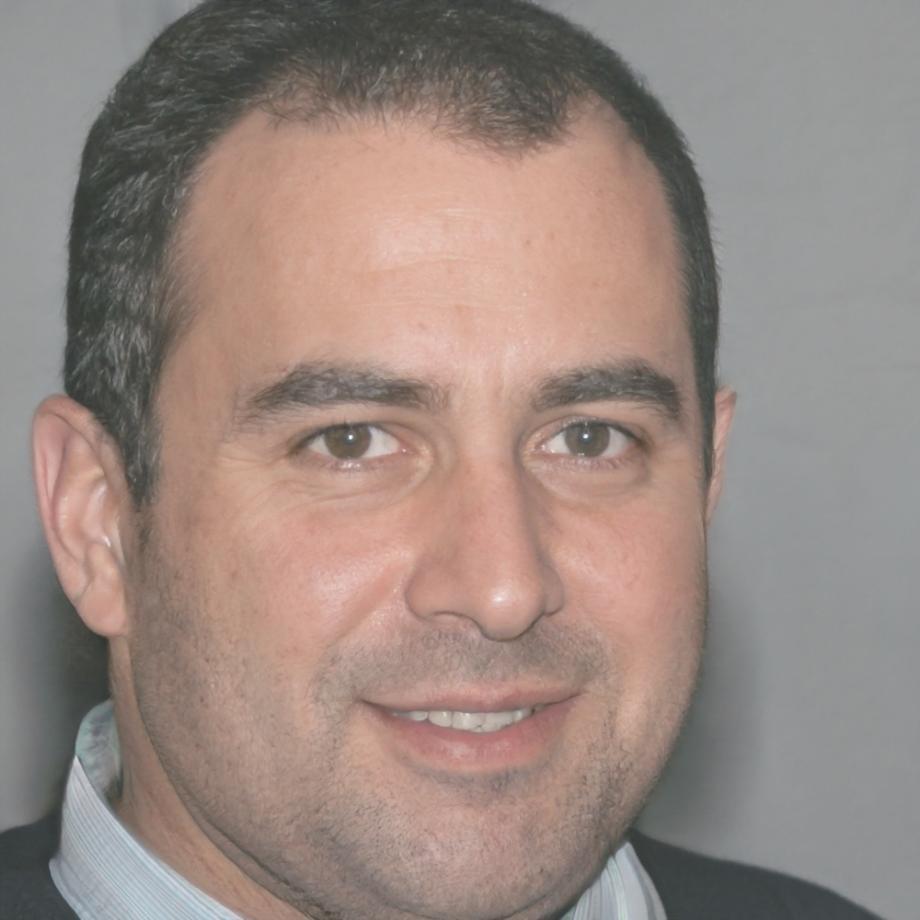Expense Tracking Essentials
Learn to monitor spending without turning it into a second job. We cover app-based tracking, spreadsheet systems, and hybrid approaches depending on your comfort level with technology.

Budget essentials aren't about restricting yourself. They're about knowing where your money goes and making choices that actually work for your life. We teach practical skills that stick around long after the course ends.
View Learning Path
We built this program around what people actually struggle with when managing money. No theory dumps or impossible homework assignments.
Start with the basics that everyone needs but rarely learns properly. You'll track your actual spending patterns and figure out where money disappears to.
Create a budget framework that fits your lifestyle instead of fighting against it. This phase focuses on customization rather than following someone else's rules.
Handle the complicated stuff that comes up once your basics are solid. Real life throws curveballs and you need strategies that adapt.
Turn these skills into habits you don't have to think about. This final phase helps you maintain momentum after the program ends.

Learn to monitor spending without turning it into a second job. We cover app-based tracking, spreadsheet systems, and hybrid approaches depending on your comfort level with technology.

Build budgets based on your actual behavior patterns rather than wishful thinking. This module helps you create spending plans you can follow for more than two weeks.

Develop a personal system for evaluating purchases and financial choices. You'll learn to balance present enjoyment with future security without feeling deprived either way.

Each lesson comes with step-by-step instructions you can apply immediately. These aren't theoretical exercises but real processes people use to manage their finances better.
Track every expense for one month to identify patterns you never noticed. Most people discover at least three areas where money leaks out unnecessarily. This tutorial walks you through setting up tracking, categorizing expenses, and analyzing the results without judgment.
Start with a small buffer that can handle minor surprises like car repairs or medical co-pays. We break down how to save your first 500 dollars even on a tight budget, then scale up to three months of expenses over time.
Compare both approaches with your actual debts to see which makes more sense financially and psychologically. Some people need quick wins while others benefit from attacking high-interest debt first. This guide helps you choose based on your situation.
Set up automatic transfers that move money into savings before you can spend it. This tutorial covers timing transfers with your pay schedule, choosing the right accounts, and adjusting amounts as your income changes.
Our assessment approach focuses on real behavior change rather than test scores. You'll complete practical assignments like creating your first working budget or successfully tracking expenses for two weeks straight.
Every module includes self-assessment checkpoints where you evaluate whether the skills are actually helping you make better financial decisions. We also provide optional peer review sessions where you can get feedback from others working through the same challenges.
Short assignments that confirm you're applying what you learned. These take about 15 minutes and focus on one specific skill at a time.
Comprehensive assessments of your budget system and spending patterns. You'll see measurable progress in areas like savings rate and expense control.
Work through realistic financial situations to practice decision-making. These scenarios include everything from unexpected expenses to income changes.
Create a complete financial management system tailored to your specific circumstances. This becomes your ongoing tool after the program ends.

"The tracking phase felt tedious at first but then something clicked around week three. I realized I was spending almost 200 dollars monthly on subscriptions I barely used. That alone paid for the course. Now I actually know where my money goes instead of wondering why my account is empty every month."
Completed December 2024 cohort
Our next program starts in September 2025. Sessions run Tuesday and Thursday evenings for 16 weeks, with all materials accessible online for your own schedule.